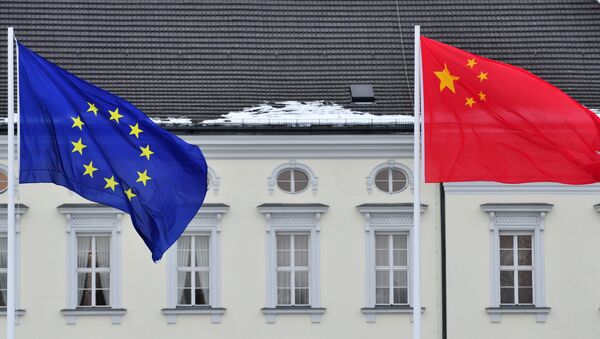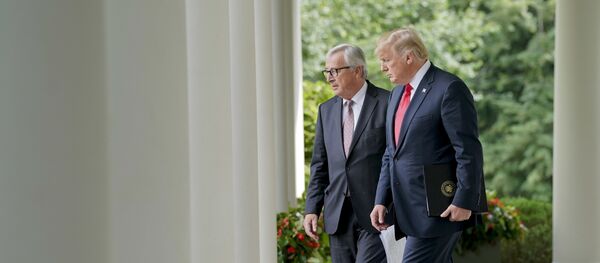The European companies reportedly intend to relocate their factories to countries in Southeast Asia such as Vietnam or the Philippines in order to evade additional tariffs imposed on components imported from the US for their final assembly in China.
However, according to Carlo Diego D'Andrea, Vice President of China's EU Chamber of Commerce, this situation can be avoided if China opens its market to European companies and introduces effective economic reforms.
For her part, Ying Fan, an associate professor and researcher at the UIBE School of International Trade and Economics, believes that the report issued by the EU Chamber of Commerce is not objective and presents a distorted image of the country’s business.
The statistics show that both in 2017 and in the first half of 2018, European investments in China amounted to $6.67 billion is estimated to grow by 3.7%, she said.
“According to the data, European companies are optimistic about investments in China; they have confidence in the Chinese market, and in terms of problems it's a matter of negotiations,” the trade specialist said.
The negotiated measures will be able to benefit China as well as countries with better business environments, Fan Ying explained. She believes that it’s unfair to deny the efforts that the Asian country is making to carry out reforms, or the fact that the business climate in China is improving.
“There is some pressure felt as the Chinese expected some neutrality from the EU in the current trade dispute, but the Europeans decided to take advantage of the situation to obtain some concessions from China,” Salitski said.
This move, he believes, was a product of the EU companies' opportunistic goals. According to the analyst, the inferiority of European companies' performance in China is not due to artificial barriers.
“Chinese companies outperform European businesses because they know their own market better, which is precisely the fair competition that is needed, according to Europeans and Americans,” the expert said.
Chinese Premier Li Keqiang assured the participants of the World Economic Forum in Tianjin on September 19 that the country will open more doors to foreign investment. He also affirmed that China won’t devaluate its currency to increase its exports. Some work will be done to reduce import tariffs on some products and the country will fight violations of intellectual property rights.
Li Keqiang also stressed that China has enough political tools to address certain issues, and the Asian state will also support macroeconomic policies.




